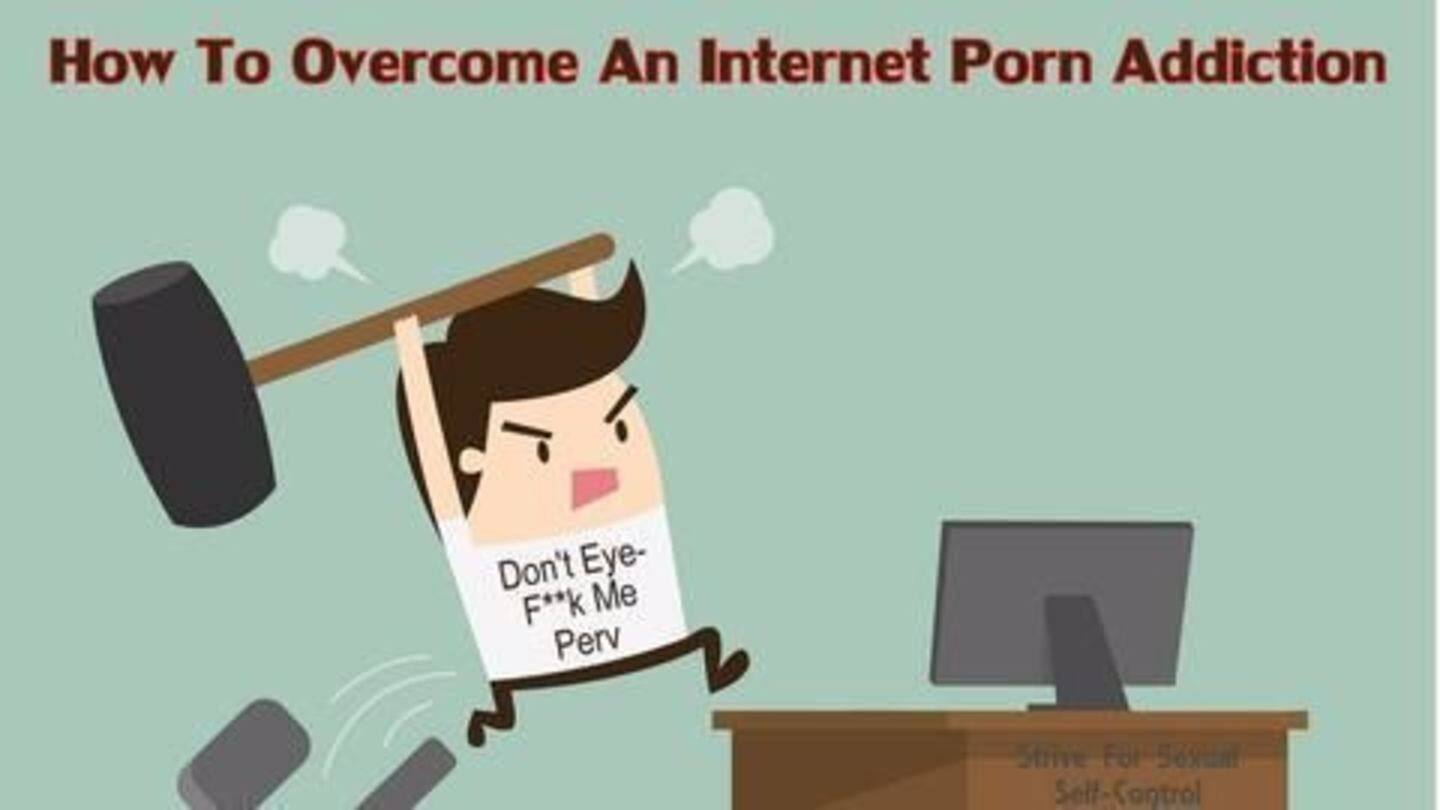
Wife approaches SC to ban pornography sites
What's the story
Supreme Court has received a petition from a Mumbai-based woman requesting the court to ban obscene sites.
The woman, a married woman with two children, has claimed that her matrimonial life has been destroyed since her husband recently acquired a porn addiction.
The petitioner has pleaded the court to issue instructions to the centre to implement a ban.
Background
Prevalence of porn in India
According to a 2016 report, India is 4th largest consumer of porn worldwide: UK, US and Canada occupy the top three spots.
Traffic from India towards adult sites from age group between 18-24 years was significantly higher than many other countries.
Statistics provided by adult website PornHub indicates that 30% of their Indian visitors are women, 6% higher than the global average.
Data
Supreme Court instructions to ban porn
In February 2016, Supreme Court had instructed Centre to block "blue films" as obscenity under Indian laws was a felony. Then Solicitor General, Pinky Anand, had submitted that banning pornographic sites was difficult as they didn't fall under any country's jurisdiction.
Details
What is the petitioner contending?
The petitioner stated after being happily married for 30 years, her marital relations have severely broken down due to her husband's addiction to online pornography.
Her contention is that if a well-educated and mature person can become addicted to adult sites and make his mind perverted then easy access and exposure to 'obscene and sexual' content can have adverse consequences for the youth.
Quote
Petitioner claims porn content impacting society
"I am unfortunately a victim of matrimonial dispute resulting out of porn addiction of my husband. I have also during my work as social worker come across people who have been adversely affected because of free and easy availability of porn across the internet."
What Transpired?
Similar petitions filed earlier
In December 2016, a petition by advocate Kamlesh Vaswani pleaded that even though watching obscene content was not a crime, nonetheless, porn sites must be banned as they were a leading reason for crime against women.
In response, Centre said blocking websites with pornographic content was simply not possible.
It added that a blanket ban would even restrict online literary works containing similar words.